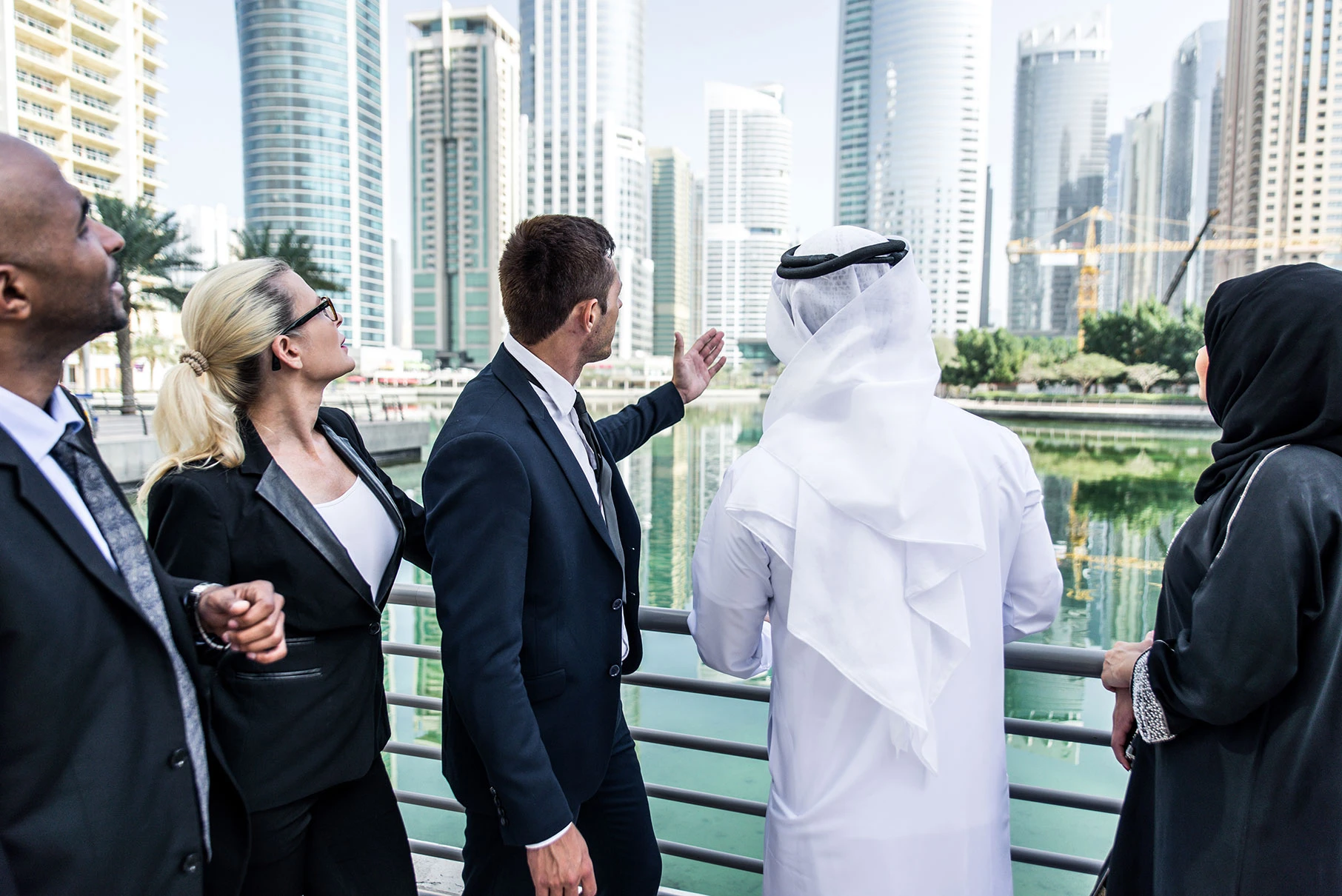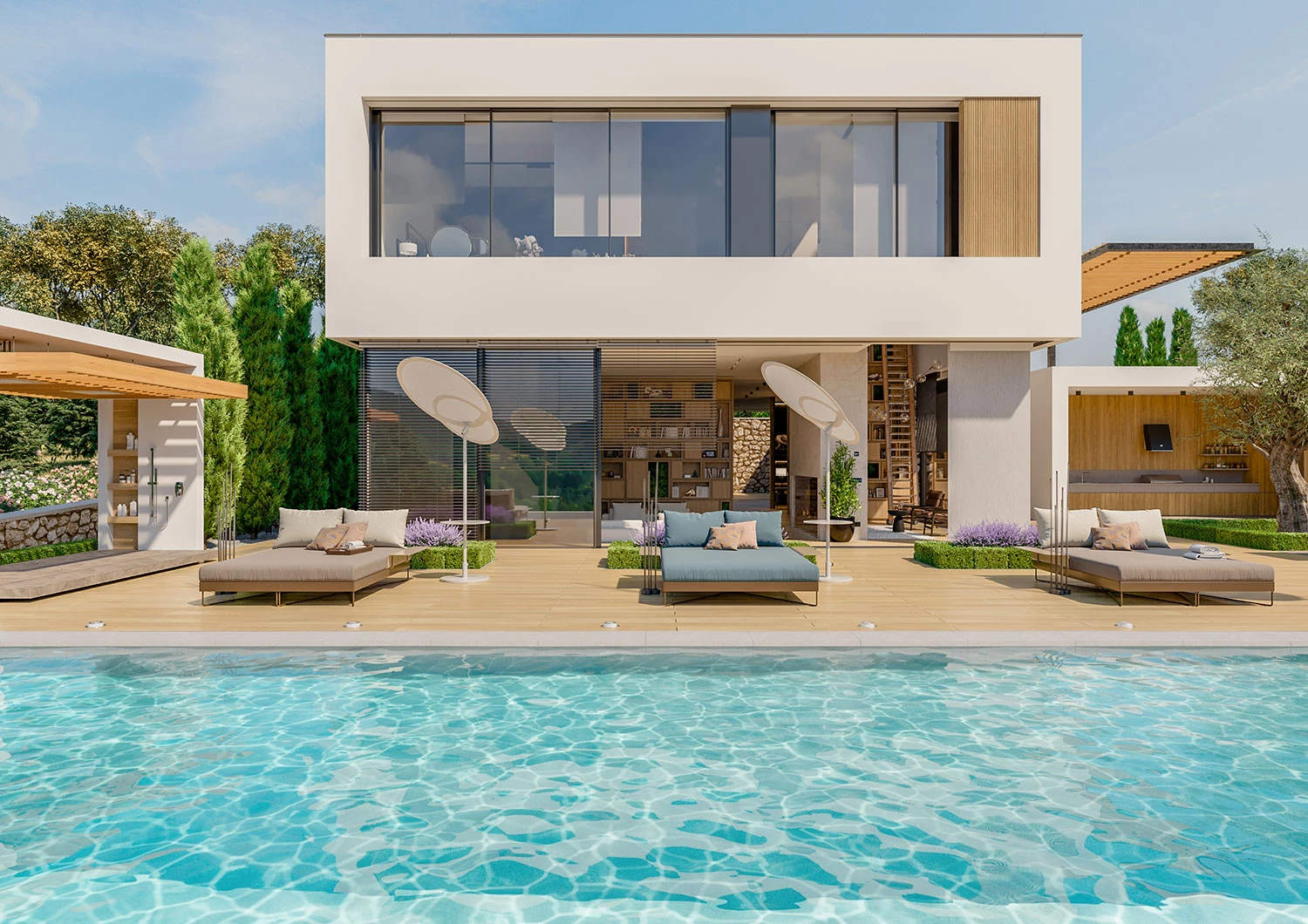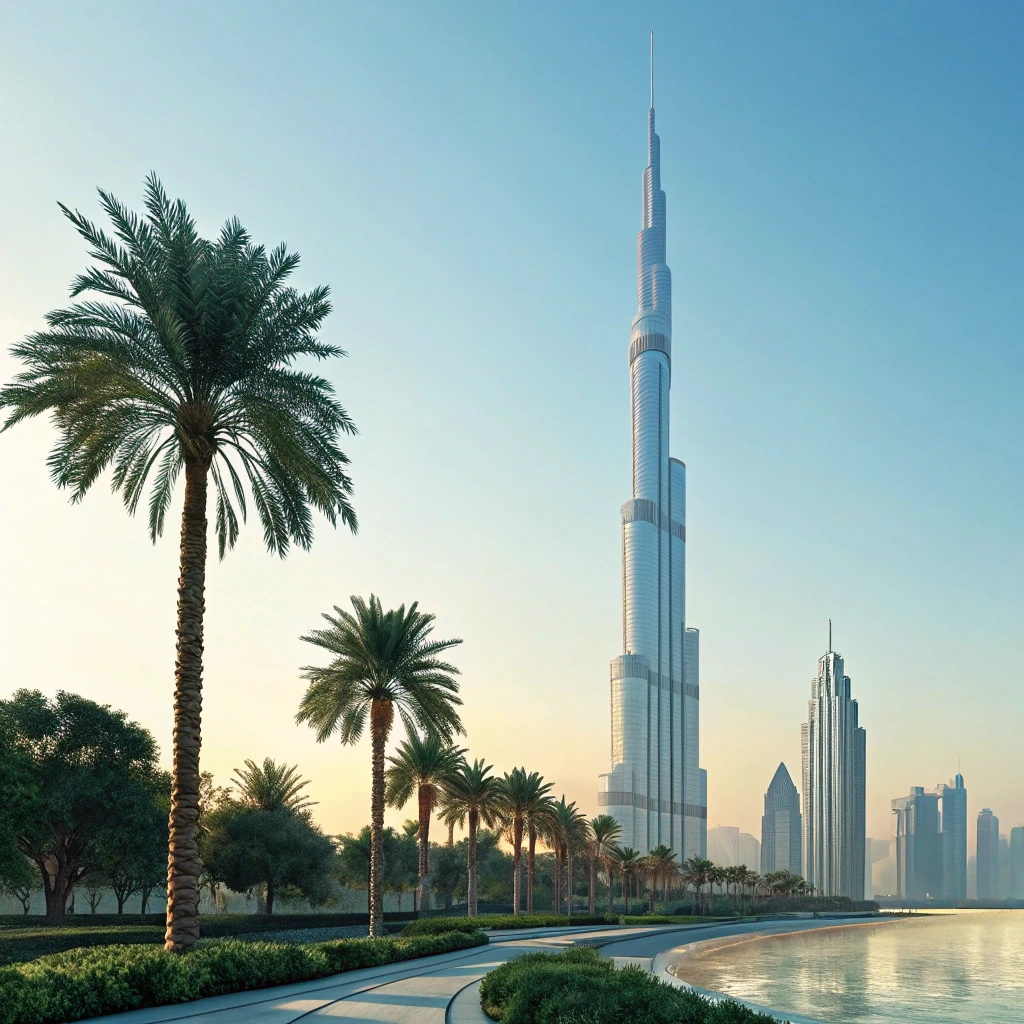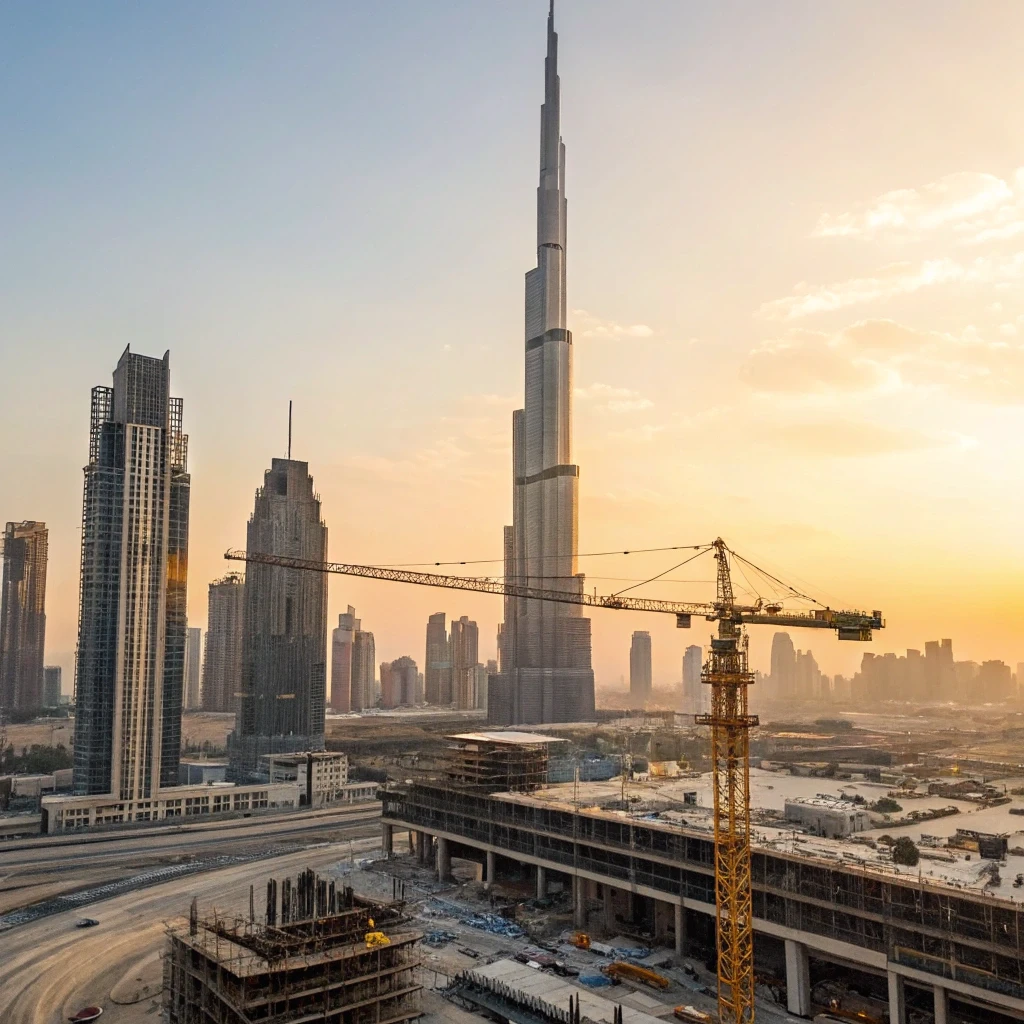Sevenx Properties in Dubai Real Estate Agency
Dubai Golden Visa 2026: How Property Investment Can Secure Your Residency
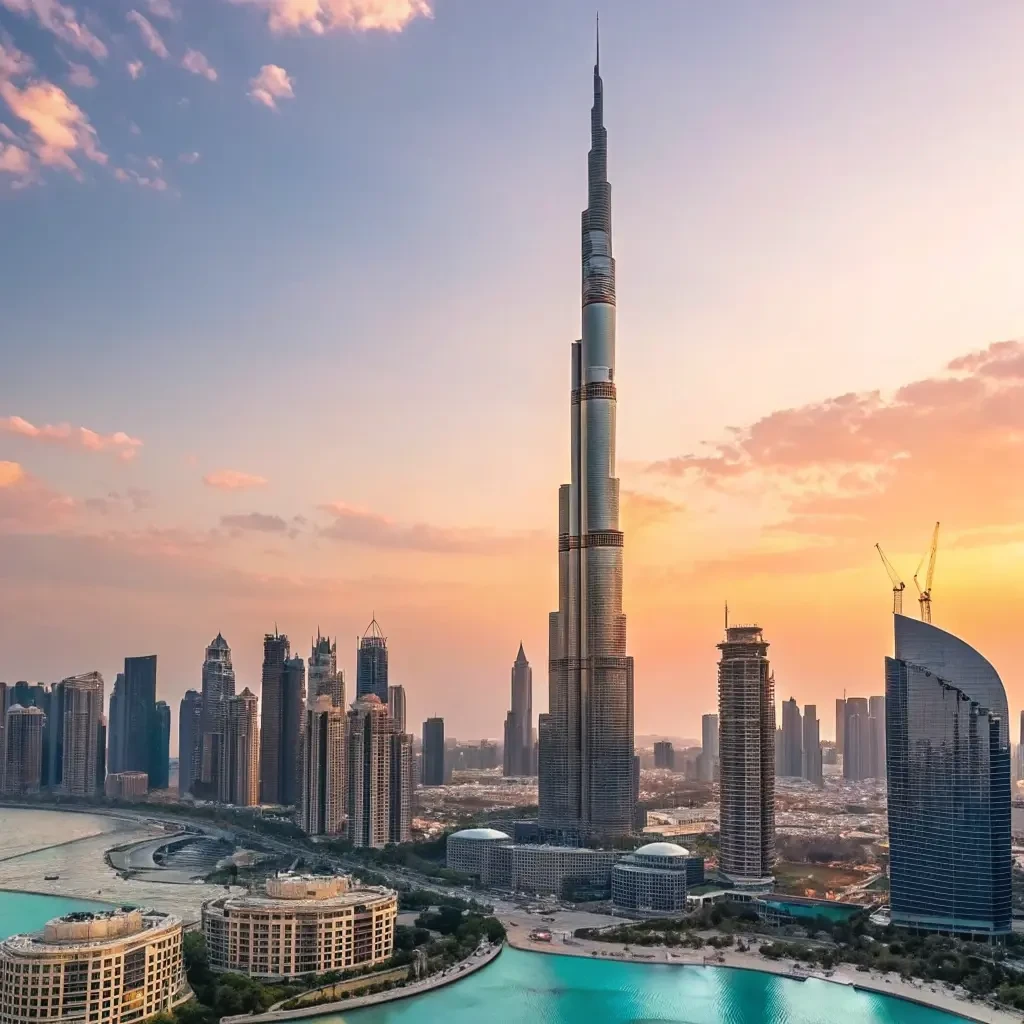
What Is Dubai’s Golden Visa?
The Dubai Golden Visa is a long-term residency program launched by the UAE to attract investors, entrepreneurs, skilled professionals, and outstanding talents. Unlike short-term work visas, the Golden Visa provides 5–10 years of residency, renewable, with no need for a local sponsor.
For property buyers, it has become a game-changer: by purchasing eligible real estate, expats can secure not just a home but also long-term security for their family, business, and lifestyle in Dubai.
Why the Golden Visa Matters in 2026
Dubai is pushing ahead with Vision 2030, focusing on global investment, sustainable cities, and high-quality living standards. In this environment, the Golden Visa in 2026 is not just a residency option—it’s a gateway to tax-friendly investment, stability, and future-proof living.
Demand for property-linked Golden Visas has surged because:
It allows family sponsorship, including spouse, children, and even domestic staff.
It provides business flexibility with no Emirati sponsor required.
It strengthens investor confidence, encouraging longer-term property commitments.
Golden Visa Eligibility Through Property Investment
In 2026, the UAE continues to offer a Golden Visa for property buyers under specific rules:
Minimum investment threshold: Currently AED 2 million (~USD 545,000). Property value must meet or exceed this amount.
Type of property: Both ready and off-plan properties qualify, but they must be in designated freehold areas.
Ownership structure: Investors can apply individually or jointly with a spouse, provided the combined value meets the threshold.
Financed properties: Mortgaged properties are allowed if the investor has paid at least AED 2 million towards the property.
Developer & RERA registration: The property must be registered with Dubai Land Department (DLD) and be from an approved developer.
Benefits of the Dubai Golden Visa for Property Buyers
1. Long-Term Residency
Secure a 10-year renewable visa linked to property ownership, providing long-term certainty.
2. Family Sponsorship
Cover spouse, children of all ages, and even domestic staff under your residency.
3. Business & Work Flexibility
Freedom to live, work, or start a business without a local sponsor.
4. Property Security
Residency rights tied to property create a stable link between your investment and lifestyle.
5. Global Access
Golden Visa holders often find easier international mobility, particularly with GCC countries.
Step-by-Step Process to Obtain a Golden Visa via Property
Select the Right Property
Choose a property worth AED 2 million+ in a designated freehold area. Off-plan is allowed if conditions are met.Register & Verify Ownership
The property must be registered with the Dubai Land Department (DLD).Apply for the Golden Visa
Submit your application via the General Directorate of Residency and Foreigners Affairs (GDRFA) or an authorized channel.Provide Documentation
Passport, title deed or Oqood (for off-plan), bank statements (if financed), Emirates ID (if already resident).Medical & Emirates ID Process
Complete a routine medical exam and biometrics for Emirates ID.Visa Issuance
Once approved, you receive a 10-year Golden Visa, renewable as long as property ownership continues.
Popular Communities for Golden Visa Property Investment
Downtown Dubai – Luxury apartments with strong capital appreciation.
Palm Jumeirah – Waterfront villas and high-demand short-term rentals.
Dubai Hills Estate – Family-friendly master community.
Dubai Creek Harbour – High ROI potential with waterfront developments.
Business Bay – Central hub for investors targeting executive tenants.
These communities not only meet Golden Visa thresholds but also offer solid rental yields (7–10%) and high long-term growth.
Key Considerations Before Applying
Ensure property value (not just mortgage amount) crosses AED 2 million.
Keep documents like title deed or Oqood, DLD payment receipts, and escrow proof ready.
If buying jointly, apply under joint ownership rules.
Work with a trusted real estate consultant like Seven X Properties to avoid delays.
FAQs
1. Can I get a Golden Visa with an off-plan property in 2026?
Yes, provided the off-plan property’s value is at least AED 2 million and registered with the DLD. However, some banks and authorities may require significant payments completed before eligibility.
2. Can I apply if my property is mortgaged?
Yes, as long as you’ve paid AED 2 million or more of the property value. A bank statement or letter confirming this is required.
3. Can joint owners apply for the Golden Visa?
Yes, if the property is jointly owned by spouses and the total value exceeds AED 2 million. Other joint ownerships may have restrictions.
4. How long is the Golden Visa valid?
The visa is valid for 10 years, renewable as long as you maintain property ownership above the required threshold.
5. Does the Golden Visa allow me to work in Dubai?
Yes. You can live, work, and even start a business in Dubai without needing a local sponsor.
6. Can I include my family in the application?
Yes. The visa covers spouse, children of any age, and domestic staff.
7. What if property values fall below AED 2 million later?
At renewal, the property must still be valued at AED 2 million or above. Choosing strong, high-demand communities reduces this risk.
8. How long does the application process take?
Typically 2–8 weeks, depending on documentation, DLD registration, and government approvals.
Frequently Asked Questions
A refundable security deposit of 5% of the annual rent will be expected to be paid on Landlords acceptance of Tenants offer to lease. This security deposit which is held by the Landlord and returned at the end of the term dependant on the condition of the property. You will need to pay your rent up front for the period of lease in the way of post-dated cheques depending on the terms of your agreement. Other costs will include 5% of the annual rent payable to the agency for commission plus 5% VAT. You will also need to budget for the deposits required to be paid for connecting your utilities such as water, electricity, televisions etc. 5% VAT is payable on services provided and will be incurred on utility charges.
A refundable security deposit of 5% of the annual rent will be expected to be paid on Landlords acceptance of Tenants offer to lease. This security deposit which is held by the Landlord and returned at the end of the term dependant on the condition of the property. You will need to pay your rent up front for the period of lease in the way of post-dated cheques depending on the terms of your agreement. Other costs will include 5% of the annual rent payable to the agency for commission plus 5% VAT. You will also need to budget for the deposits required to be paid for connecting your utilities such as water, electricity, televisions etc. 5% VAT is payable on services provided and will be incurred on utility charges.
To rent a property in Dubai, you generally need the following documents:
- A valid Emirates ID or passport for identification
- A residency visa
- A tenancy contract is a legal agreement between the tenant and the landlord outlining the terms and conditions of the rental agreement.
- A security deposit, which is typically equivalent to one month's rent
- Cheques or proof of payment for rent and any other fees associated with the rental agreement
- Ejari
In Dubai, the responsibility for paying service fees for a property is determined by the rental agreement between the tenant and the landlord.
In most cases, the landlord is responsible for paying the service fees. However, in some cases, the rental agreement may state that the tenant is responsible for paying a portion or all of the service fees. This would depend on the specific terms of the rental agreement.
The length of the contract can vary, but it is typically for a minimum of one year. However, landlords and tenants can agree to a longer-term contract if they want.
